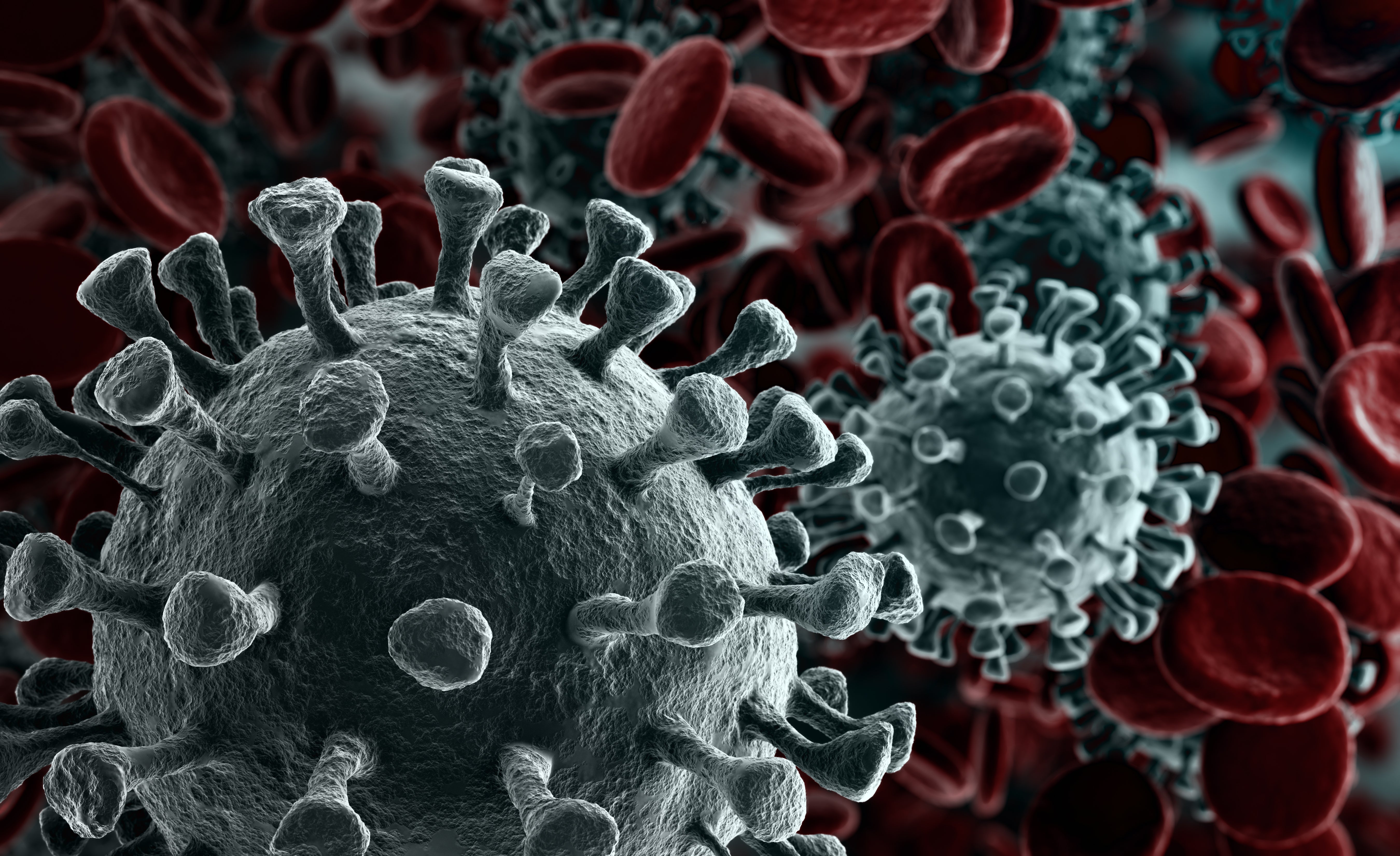 3D rendering Coronavirus 2019-nCov novel coronavirus
3D rendering Coronavirus 2019-nCov novel coronavirus
The COVID-19 pandemic is driving some private health care providers out of business, which could have severe impacts on the poor in low- and middle-income countries. Some of the disenfranchised could include people with disabilities – who are at greater risk of contracting the virus and face additional barriers to accessing health services. Women and children in Pakistan are also at risk as essential health services have been on hiatus due to COVID-19. Meanwhile, Latin America’s vulnerability to natural hazards jeopardizes its preparedness for health emergencies.
How COVID-19 (coronavirus) affects private health care providers in developing countries | Blog
Policy makers’ initial emphasis on “flattening the curve” of COVID-19 (coronavirus) cases has reduced the demand for health care and created new costs for the private sector. This has led to a cash crunch, forcing some providers to scale back their businesses and lay off health workers. The cash crunch is likely to have major implications for health systems – especially in low- and middle-income countries, where private providers play a major role in delivering health services, including to the poor.
Meeting the health needs of persons with disabilities during COVID-19 (coronavirus) | Blog
While the virus can affect anyone, we know from past global health emergencies that crises hit the poor and most vulnerable the hardest, including persons with disabilities. Persons with disabilities often have underlying health needs that can increase the severity of symptoms if they contract COVID-19. Creating disability-inclusive health systems is a critical part of ensuring quality health care for all.
Women and girls must be at the center of Pakistan’s COVID-19 recovery | Blog
COVID-19 has disrupted essential health services for women and children. Most reproductive health and family planning facilities are still not fully functional across Pakistan. Pre- and post-natal services have discontinued as community health workers are either grounded or reluctant to make field visits due to lack of personal protective equipment. Field reports indicate that pregnant women are distressed. Some women cannot obtain the contraceptives they rely on for their health and family planning.
Let’s talk about disaster risk during COVID-19 | Blog
According to a Pan American Health Organization assessment, nearly seven out of 10 hospitals in Latin America and the Caribbean are in areas vulnerable to natural hazards. There is a close relation between disaster risk management, health emergencies, and government finance; and the notion of compound risk is more present today than ever.


Join the Conversation